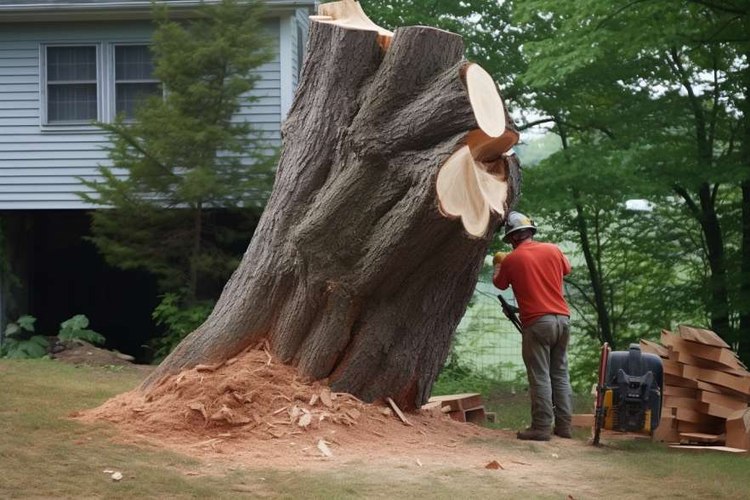Construction Jobs: Opportunities, Training, and Salaries in the Industry
Are you looking for a rewarding career that offers stability, growth potential, and the satisfaction of building something tangible? The construction industry might be the perfect fit for you. With a wide range of positions available and many companies offering paid training, construction jobs can be an excellent choice for those seeking a new career path, even without prior experience.

What types of construction jobs are available for beginners?
The construction industry offers a diverse array of entry-level positions that cater to various skill sets and interests. Some common roles for newcomers include:
-
Laborer: General construction workers who assist with various tasks on job sites.
-
Apprentice: Entry-level positions in specific trades like carpentry, electrical work, or plumbing.
-
Equipment Operator: Individuals who learn to operate machinery such as forklifts or bulldozers.
-
Construction Assistant: Helpers who work alongside experienced professionals in different specialties.
-
Safety Monitor: Entry-level positions focused on maintaining safety standards on construction sites.
These positions often serve as stepping stones to more specialized roles as you gain experience and skills in the industry.
How can I find paid training opportunities in construction?
Many construction companies and trade unions offer paid training programs for newcomers to the industry. Here are some ways to find these opportunities:
-
Research local construction companies: Many larger firms have apprenticeship or training programs.
-
Contact trade unions: Unions often provide apprenticeship programs that combine on-the-job training with classroom instruction.
-
Check with vocational schools: Some schools partner with construction companies to offer paid training programs.
-
Explore government initiatives: Look for state or federal programs that support workforce development in the construction industry.
-
Attend job fairs: Construction-specific job fairs often feature companies offering training opportunities.
-
Use online job boards: Search for entry-level construction positions that mention paid training or apprenticeships.
What skills are needed to succeed in construction jobs?
While technical skills can be learned on the job, certain personal qualities and abilities can help you thrive in the construction industry:
-
Physical stamina and strength: Many construction jobs involve manual labor and long hours on your feet.
-
Attention to detail: Precision is crucial in construction work to ensure safety and quality.
-
teamwork: Construction projects often involve collaboration with various trades and professionals.
-
Problem-solving skills: The ability to think critically and find solutions is valuable on construction sites.
-
Safety consciousness: A strong commitment to following safety protocols is essential in this industry.
-
Basic math skills: Understanding measurements and calculations is important for many construction tasks.
-
Willingness to learn: The construction industry is constantly evolving, so a passion for learning new skills is beneficial.
What is the typical hourly salary range for construction jobs?
The hourly salary for construction jobs can vary widely depending on factors such as location, experience, specialization, and employer. Here’s a general overview of hourly wage ranges for different construction roles:
| Position | Entry-Level Hourly Rate | Experienced Hourly Rate |
|---|---|---|
| General Laborer | $12 - $18 | $18 - $25 |
| Carpenter | $15 - $22 | $22 - $35 |
| Electrician | $16 - $24 | $24 - $40 |
| Plumber | $16 - $24 | $24 - $40 |
| Equipment Operator | $18 - $25 | $25 - $35 |
| Construction Manager | $25 - $35 | $35 - $60+ |
Prices, rates, or cost estimates mentioned in this article are based on the latest available information but may change over time. Independent research is advised before making financial decisions.
It’s important to note that these figures are estimates and can vary significantly based on geographic location, union membership, and specific employer. Additionally, many construction jobs offer opportunities for overtime work, which can substantially increase overall earnings.
What are the career advancement opportunities in construction?
The construction industry offers numerous paths for career growth and advancement. As you gain experience and skills, you can progress in several ways:
-
Specialization: Develop expertise in a specific trade or area of construction.
-
Supervisory roles: Move into positions such as foreman or site supervisor.
-
Project management: Advance to roles overseeing entire construction projects.
-
Business ownership: Start your own construction company or contracting business.
-
Education and certifications: Pursue additional qualifications to enhance your career prospects.
-
Transition to related fields: Move into areas like construction management, building inspection, or safety coordination.
Many successful construction professionals start in entry-level positions and work their way up through a combination of on-the-job experience, additional training, and dedication to their craft.
How can I prepare for a career in construction?
If you’re considering a career in construction, here are some steps you can take to prepare:
-
Research different construction roles to find areas that interest you.
-
Develop your physical fitness to meet the demands of construction work.
-
Take relevant courses in high school or community college, such as math, blueprint reading, or vocational classes.
-
Obtain necessary certifications, such as OSHA safety training.
-
Network with professionals in the industry to learn about job opportunities and gain insights.
-
Consider volunteering for organizations like Habitat for Humanity to gain hands-on experience.
-
Prepare a resume that highlights relevant skills and any experience, even if it’s not directly related to construction.
-
Be prepared for entry-level work and demonstrate a strong work ethic to stand out to employers.
By taking these steps and remaining open to learning opportunities, you can position yourself for a successful and rewarding career in the construction industry, even if you’re starting without prior experience.



